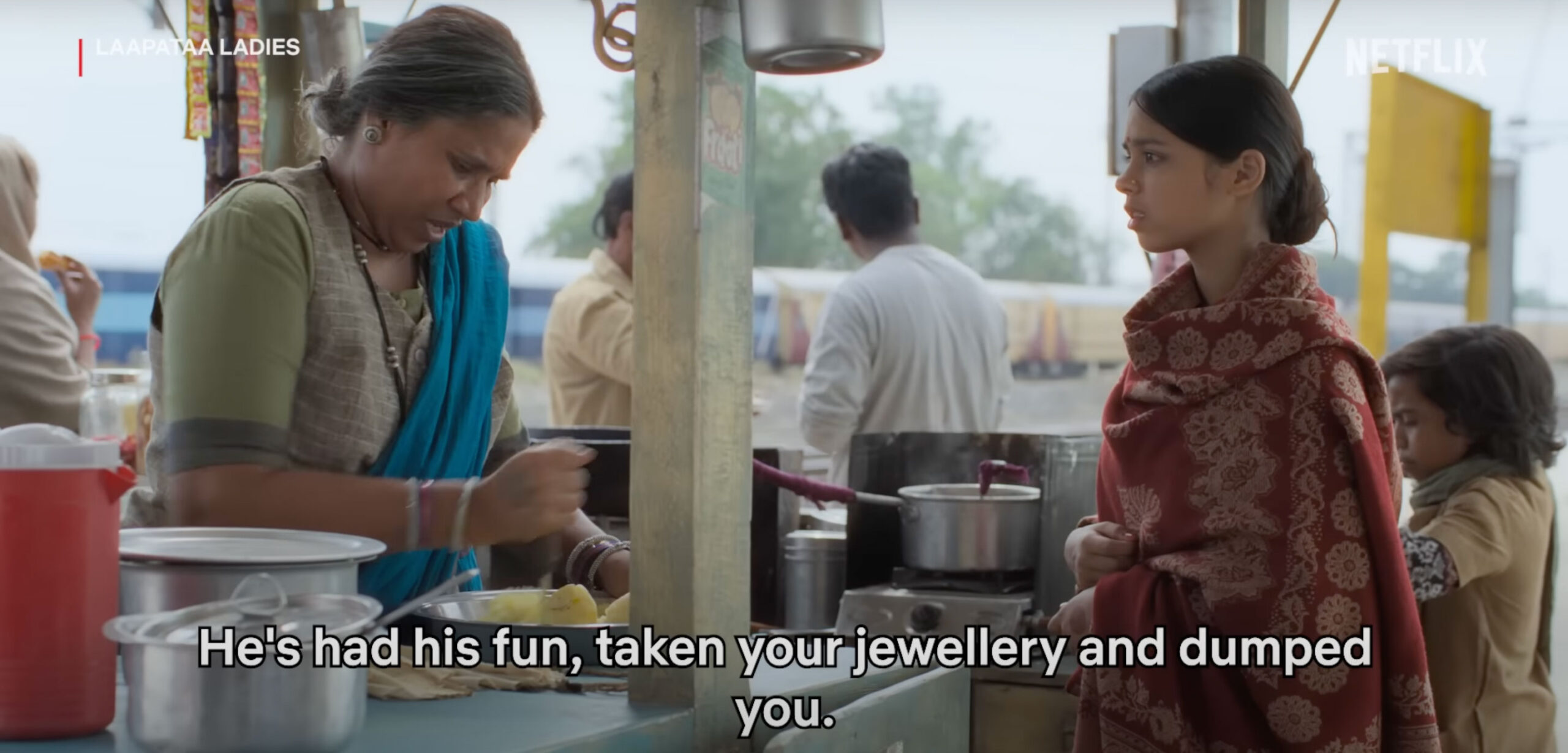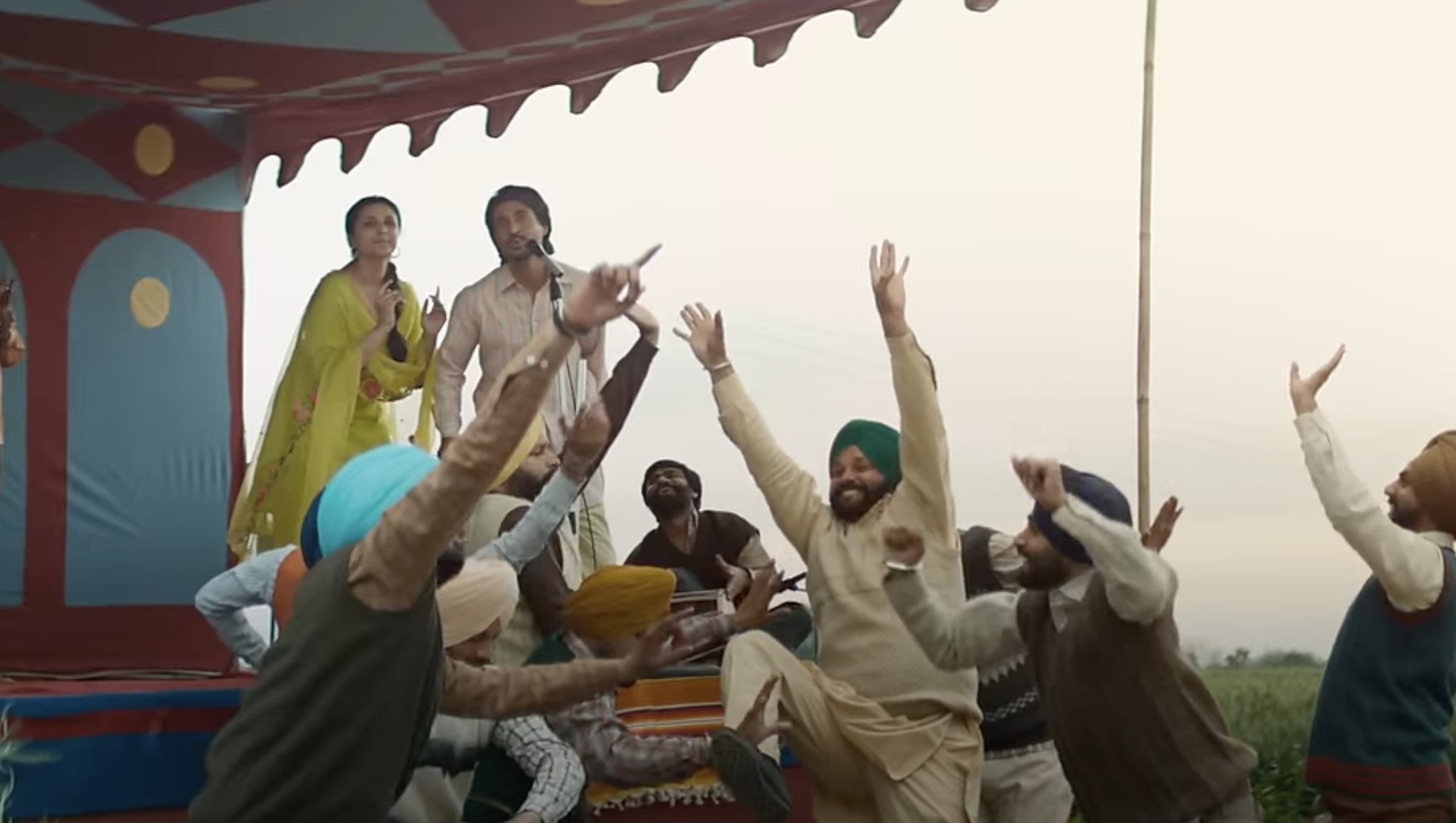Communal representation is the accredited right of every nation and its government. It is the common right of citizens belonging to every community. The main motive of the principle of communal representation is to eradicate inequality among the citizens. Communal representation is a “boon” in creating a society of equals. When there are forward and progressive communities hampering the wellbeing of all the other communities, there is no other way but to resort to the system of communal representation. This is how the suffering communities can begin to heave a sigh of relief. The need for the system of communal representation will automatically cease when all the communities are made equals.
Except the Brahmins, all other communities started to demand communal representation soon after the talk of representation of Indians in governance began. For a long time, except the Brahmins, all other communities took part in an agitation urging the government to implement the policy of communal representation.
Brahmins, particularly the Brahmins of Tamil Nadu, stooped to new lows to create obstacles in the implementation of communal representation. They resorted to trickery and conspiracy many times to scuttle a policy that was beneficial to all downtrodden communities.
One could understand the Brahmins opposing communal representation if at all they had openly come forward to list out the evils of uplifting the downtrodden people. All those who opposed simply said “no”, without explaining why. No one so far has clearly given the reasons for opposing the policy of reservation. What is wrong in making all people equals? What is wrong in giving equal opportunities to all? If there is nothing wrong in creating a socialist society, and if it is an undeniable fact that the present society composed of unequals should be made progressive, what else can be done? Can it be denied that there are weaker sections in society?
Moreover, when we have allowed the classification of society based on religion, caste and community, we cannot stand in the way of people demanding special rights based on religion, caste and community. There is nothing wrong on their part in safeguarding their interests. I don’t see anything dishonest in that.
Casteism made the people go backward. Castes spell more and more ruination. Castes have made us low and have-nots. Until all these evils are eradicated and everyone attains an equal status in life, proportional representation based on population is indispensable. Many communities have entered the field of education only recently. All should be enabled to study and lead a civilized life. Our people should take to education and study well. Our people should get their due share in the public services and in all other fields according to their percentage in the total population.
In this country out of 100 people only three are Brahmins. Sixteen per cent of the population are Adi-dravidas, 72 per cent of the population are non-Brahmins. Should not the jobs be given to all in proportion to the population?
(Source: Collected Works of Periyar E.V.R. (pp 165-166)
Published in the January 2016 issue of the FORWARD Press magazine






